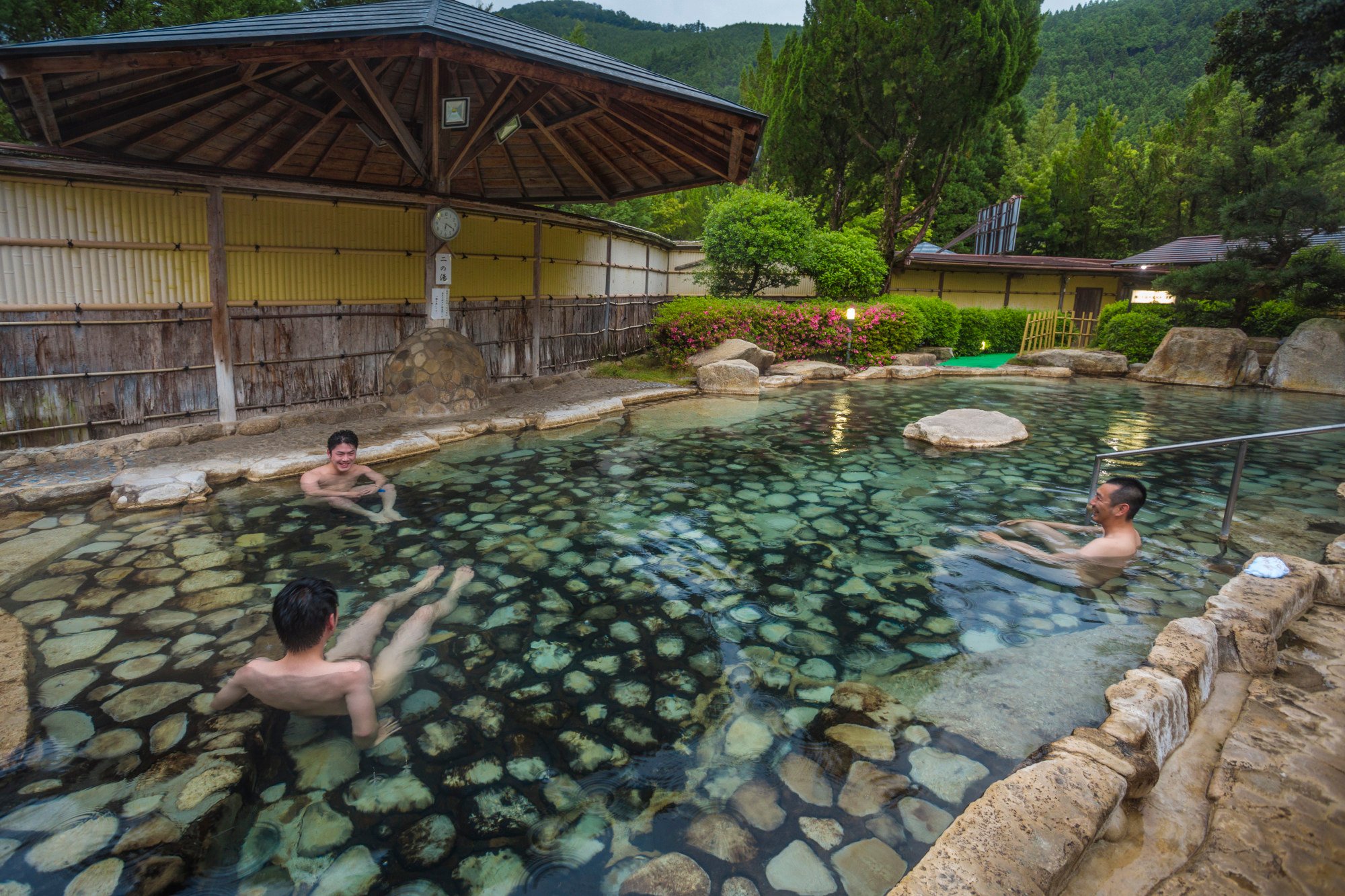With more than 1 million Hongkongers heading to Japan in the first five months of this year alone, the Post breaks down what the bacterial infection is and how to protect yourself.
1. What is the bacteria?
According to the Centre for Health Protection, an infection of Streptococcus pyogenes, or Group A streptococcus (GAS), can lead to mild and common illnesses such as a sore throat or skin infection, such as impetigo.
In rare cases, referred to as “invasive GAS” or iGAS, the bacteria can cause more severe and even life-threatening complications.
This is due to the bacteria entering parts of the body where the minute living organisms are not common, such as the blood, muscles or cerebrospinal fluid.
In cases of Streptococcal toxic shock syndrome involving iGAS patients, serious symptoms can develop in a short time characterised by low blood pressure, a faster-than-normal heart rate, rapid breathing and signs suggesting organ failure.
Other symptoms may include high fever, chills, dizziness, nausea, severe muscle pain, swelling and redness at the site of a wound.
According to the United States Centres for Disease Control and Prevention, the fatality rate for streptococcal toxic shock syndrome can exceed 30 per cent.
2. How does it spread?
According to the Centre for Health Protection, GAS infections can spread at any time of the year, and people can carry the infection without showing any symptoms.
It can be transmitted through respiratory droplets, touching the wounds of an infected person or by being in contact with contaminated equipment.
While a typical infection can take anywhere from one to five days to set in, signs of streptococcal toxic shock syndrome usually develop within 24 to 48 hours of initial symptoms.
The centre said the elderly, young children, the immunocompromised, those with chronic illnesses, such as diabetes, or people who recently had a viral infection were at a higher risk of iGAS.

3. What precautions should you take? Should tourists still enjoy onsen?
The centre recommended travellers practise proper wound care to reduce the chance of becoming infected, including cleaning cuts immediately and covering them with a waterproof adhesive until fully healed.
It also recommended avoiding swimming in the ocean and pools or using facilities such as hot springs until the wound closed.
“Travellers are strongly advised to practise hand hygiene frequently, avoid sharing personal items and put on a surgical mask in case of going to crowded places,” a centre spokesman said.
Infectious disease expert Dr Joseph Tsang Kay-yan said hot springs and public bathhouses heightened the chances of becoming infected, as people were often changing in and out of clothes, and sharing common items such as towels.
“In those environments … the possibility of having a wound exposed is more likely,” he said.
People should immediately seek medical attention if they develop symptoms. Most cases can be treated with antibiotics, but streptococcal toxic shock syndrome may require hospital treatment or surgery.
4. How concerned are Hongkongers?
News of the rise in cases has spread fast across Hong Kong social media, with many online users warning others to stay vigilant over the virus.
But it has not necessarily dampened residents’ urge to travel to Japan.
Yuen Chun-ning, executive director of travel agency WWPKG, said he fielded about a dozen inquiries about the situation over the last week, with those looking to travel with infants or elderly showing particular concern.
Once they learned about the various travel insurance and medical coverage options, as well as the steps to reduce the likelihood of infection, most of his customers had “put their mind at ease”, he said.
Yuen added that while the cases had yet to affect demand, it could if the situation persisted or worsened, he said.
5. What other diseases should you look out for on summer holiday?
The centre also warned residents to be on the lookout for mosquito-borne diseases when travelling abroad this summer.
Citing data from the World Health Organization, the centre said there had been a “significant increase” in dengue fever across parts of Asia, such as Indonesia, Malaysia, Singapore and Thailand.
Since the start of this year, parts of the Americas including Brazil, Colombia and Peru have also seen a record 8 million dengue fever infections.
Travellers were advised to wear loose, long-sleeved tops and trousers, and use DEET-containing insect repellent. If taking part in outdoor activities, the centre urged people to avoid using fragrant cosmetics or skin care products.
It also recommended consulting a doctor at least six weeks before travelling to areas where mosquito-borne infections were common to determine whether any vaccinations or other preventive measures were necessary.
“Returned travellers should consult a doctor promptly if developing symptoms such as fever, respiratory symptoms, rash or painful swelling, and inform the doctor of their travel history for prompt diagnosis and treatment,” a spokesman added.

Dr. Debi Johnson is a medical expert and health journalist dedicated to promoting well-being. With a background in medicine, she offers evidence-based insights into health trends and wellness practices. Beyond her reporting, Dr. Debi enjoys hiking, yoga, and empowering others to lead healthier lives.








